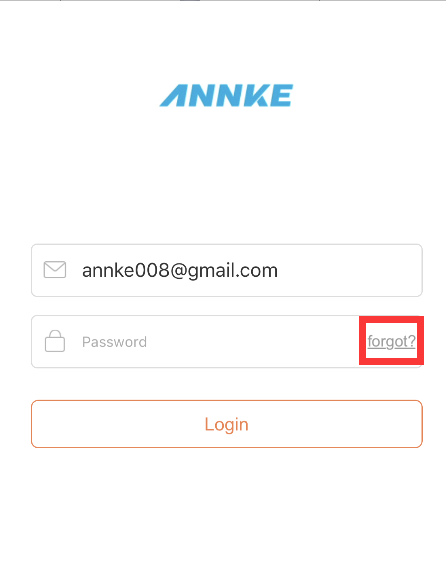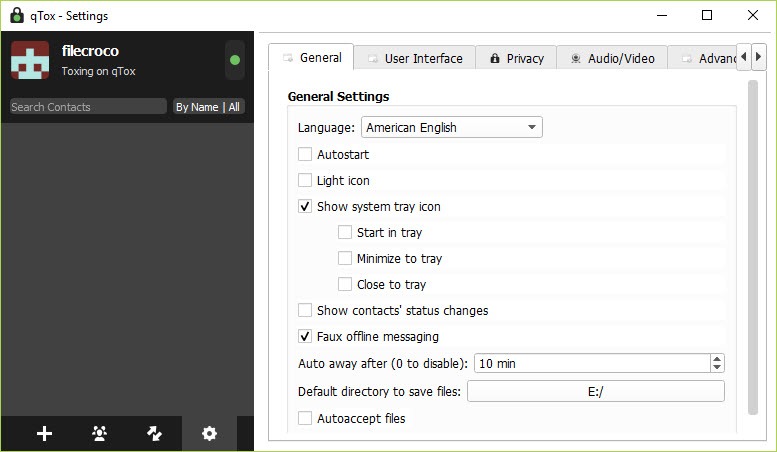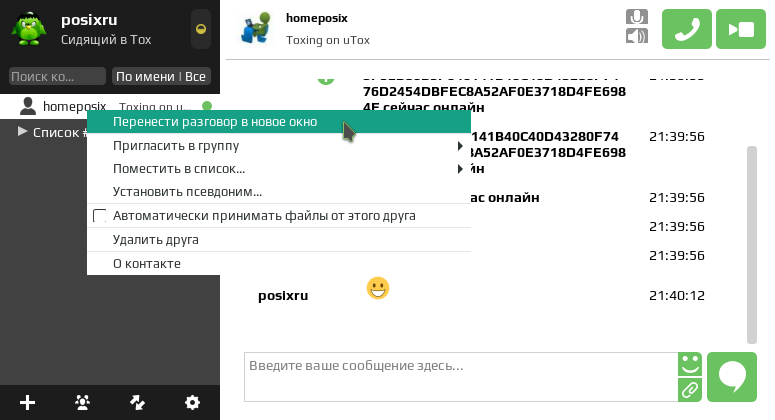


Know the ToxIDs of your Tox friends to be able to impersonate them to you.This means, to exploit this vulnerability in practice, someone not only needs to successfully steal your private key, but additionally: But because of the KCI vulnerability, they may also be able to impersonate others to you. It is clear that someone who stole your identity is able to impersonate you. Now in this case the KCI vulnerability leads to “interesting” behavior. So they can successfully impersonate you in Tox. this private key), they are you – at least in the context of Tox. If someone successfully stole your Tox identity (i.e.
Qtox forgot password password#
This means an attacker either needs to get access to your password (steal or crack it) or to read your Tox private key from memory while your Tox chat client is running. Your private key is then stored unencrypted in memory (i.e.

If you start qTox, you need to enter your password to decrypt your private key, to be able to communicate via Tox. when you first start qTox client, is used to encrypt your profile and also your private key on your disk. The password you enter when you create your Tox profile, e.g. If this happens, you will most likely have multiple problems and your Tox identity may be just one of them. a so-called trojan horse, to be able to extract data from it. This could, for example, be the case if someone got physical access to your computer or successfully installed malware on your system, e.g. The private part, again as the name suggests, needs to stay private! If someone gets in possession of your private key, they stole your Tox identity. The public part, as the naming suggests, is public and contained in your ToxID which you share with your contacts to be able to communicate with them via Tox. Such a key pair consists of a public part (public key) and a private part (private key). with username and password), but instead your identity is solely based on (asymmetric) cryptographic information, a so-called asymmetric key pair. In Tox you don’t register an account (e.g. I will try to explain the issue as simple as possible: This issue is called “Key Compromise Impersonation” (KCI). Donenfeld (known for WireGuard®) reported an issue in Tox’s handshake.


 0 kommentar(er)
0 kommentar(er)
